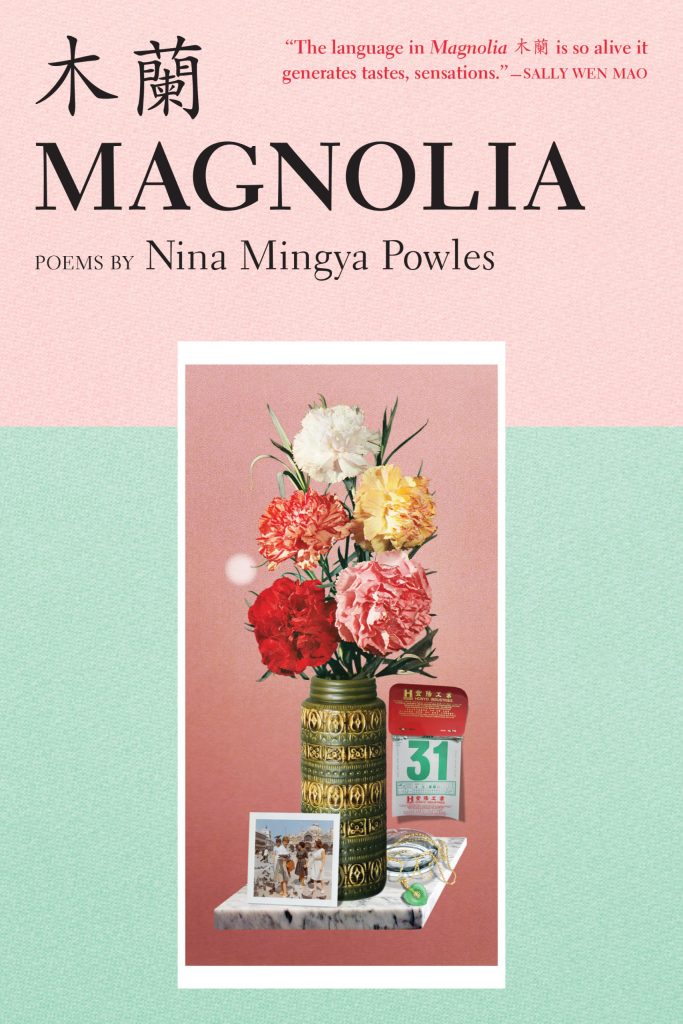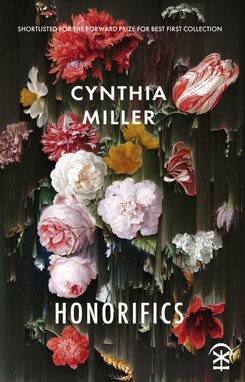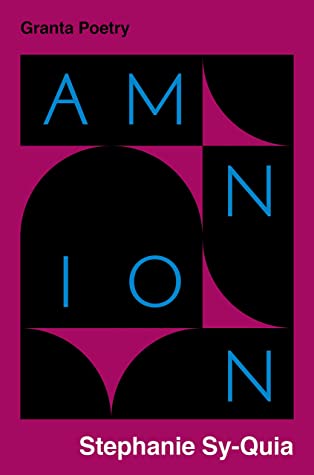When I was first starting out as a writer, I didn’t know other writers like me existed. All I knew was that in poetry, I had found a space to which I could bring my whole self. I was unsure at first; it took years of unlearning the urge to translate myself and undoing the impulse to explain my existence to confused strangers. I began to question: who am I writing for? Does it matter? What would my poems look like if I were just writing for my friends—or for my whole self? Poetry unfolded before me as a thrilling in-between space, a borderland, a dream dimension, a shifting place of possibility and play.
I remember the excitement of discovering New Zealand Chinese poets for the first time, people like Alison Wong and Lynda Chanwai-Earle, who had been writing long before me. I had not been introduced to their work as I had been introduced to other poets, on reading lists and in exam questions. Instead, I came across them on the shelves of the creative writing department’s small one-room library. And with this discovery, I began to see myself for the first time as part of some kind of literary tradition—not the same literary tradition they taught us about at school; a less visible one, and less fixed. A lineage of my own. A literary tradition that not only looks to the past but also includes writers of the present and, crucially, makes space for writers of the future.
It was not until years later that I found other mixed heritage writers and artists, both in Aotearoa New Zealand and elsewhere, mostly through social media. There is no one defining ‘mixed experience’; each of us experiences our racial identity in different and complex ways, in flux and in dialogue with the many other parts of ourselves. Reading these books by other mixed Asian writers nonetheless helped me understand and come to terms with feelings of un/belonging and dislocation. They give me the courage to keep writing into the in-between space.
Honorifics by Cynthia Miller
I had a feeling when I picked up Honorifics that I would feel a kinship with these poems, and I was right. Honorifics is playful, sensuous and full of blazing feeling, on leaving, returning, and the star-map of a family scattered by different migratory threads. These threads intersect on the page, where “lack of language is a longing”. After reading this line, I carried the words with me for days. Miller’s poems travel vast distances underwater and I could feel bits and pieces of myself being carried in the current along with them, as though the poet could see directly into the bright tunnels of my dreams. Sometimes a book makes you feel so seen that you have to pause, take a breath, put the book down and pick it back up again: “You have carried everyone you love, / and for so long, and over such distances.”
Amnion by Stephanie Sy-Quia
Part family history, part excavation, Amnion traces the coming-of-age of an artist in parallel with lost fragments of memory, genealogy and myth. “My English is unrooted. / I turn these soft sounds over in my mouth, my throat, my jaw […]” Sy-Quia writes, attentive to the way language dwells in the body; how it feels to inherit intersecting languages of empire. On attending a Catholic boarding school as a teenager, the poet writes: “My body became as incendiary as a vernacular.” Amnion itself is incendiary; it is a work of resistance, both linguistic and political. This book made me want to write again after a long period of not writing, which is the best feeling—when a text speaks to you so loudly that you have to say something back.
Edinburgh by Alexander Chee
During lockdown, I remember going for a walk and listening to a podcast interview with the American writer Alexander Chee. On the subject of passing, he said: “every new social scenario has a moment within it where I figure out whether this person has understood who I am or not.” I had to stop under the trees and type his words onto my phone. I thought of them while reading Edinburgh, Chee’s first novel, published back in 2002, which I sought out in my search for novels with main characters who are mixed. In Edinburgh, Chee’s grip on language is extraordinary; I felt myself tumbling down the cliff of each sentence. There’s one moment when Fee, the narrator, says: “It is confusing for some people to look at me. Watching me takes longer than most.” It’s through Chee’s fiction and essays that I’ve found a way to begin to unpick this complex question of seeing and being seen.
Turning by Jessica J. Lee
Jessica J. Lee’s debut Turning, published in 2017, is a remarkable book: part memoir, part nature diary and travel journal. Lee chronicles a year of swimming every day for a year (yes, every day) in Berlin, a city she had just moved to at the time. It’s a book I always want to give to friends, because it is truly a gift. It has gifted me so much knowledge, not just about limnology – the study of inland waters – but in teaching me how to be alone in an unfamiliar place, and how to piece together your own meaning of the word “home.” In Turning, I found, for the first time, someone with a background similar to mine writing about her experience of moving through urban and rural landscapes, which was life-changing for me as a writer.
Sikfan Glaschu by Sean Wai Keung
Some of my favorite food poems live here in this collection of poetry by the Scottish poet and performer Sean Wai Keung. Sikfan Glaschu is an intimate psychogeography of a city, an unfolding landscape with rich characters and tenderly familiar locations: KFC, the local fish and chip shop, Chinese takeaways. Many poems weave multiple languages together—namely English, Cantonese and Gàidhlig (Scottish Gaelic)—painting a complex portrait of living between languages and between cities. One section of the book is titled “Dreams from Kitchens,” a phrase that captures so much of what I love about this poet’s body of work: kitchens as rich spaces of connection, dreaming and longing, much like the dream-space of a poem. Keung writes: “And just the knowledge that it was possible / to order congee for breakfast in certain places in the world really / did make you feel more at ease with being alive.”
Mixed-Race Superman by Will Harris
This small book contained one of those ‘aha’ moments for me, when I was seeking out other writers who have reflected on the experience of moving through the world as a multiracial person. In Mixed-Race Superman, the poet Will Harris unpicks multiracial identity and masculinity through the lens of two celebrities with mixed heritage, Barack Obama and Keanu Reeves. Harris writes philosophically and engagingly on the subject of the self: “with too many heritages or too few, too white or not white enough, the mixed-race person grows up to see the self as something strange and shifting […] shaped around a lack.” In these lines I recognized a feeling I’d long been struggling to put into words. I often turn to Harris’s poetry, too, when I’m working out how to approach issues much bigger than me in my writing, such as colonization and migratory family histories.
Crying in H Mart by Michelle Zauner
Crying in H Mart by Michelle Zauner, who is also one of my favorite musicians, is a heartbreaking read—but it’s also brimming with joy, music and mouth watering food memories, especially of Korean snacks and supermarkets. For so many of us, food is the bridge that connects us with our heritage early in childhood, the “unspoken language between us.” This is one of those rare memoirs that pulls you all the way in, making it hard to come up for air. Her prose is quick and hungry and all-consuming, packed with luscious detail. Especially unforgettable is Zauner’s writing on making kimchi, a monthly ritual I’ve also sought solace in recently: “my mother always used to tell me never to fall in love with someone who doesn’t like kimchi.”




